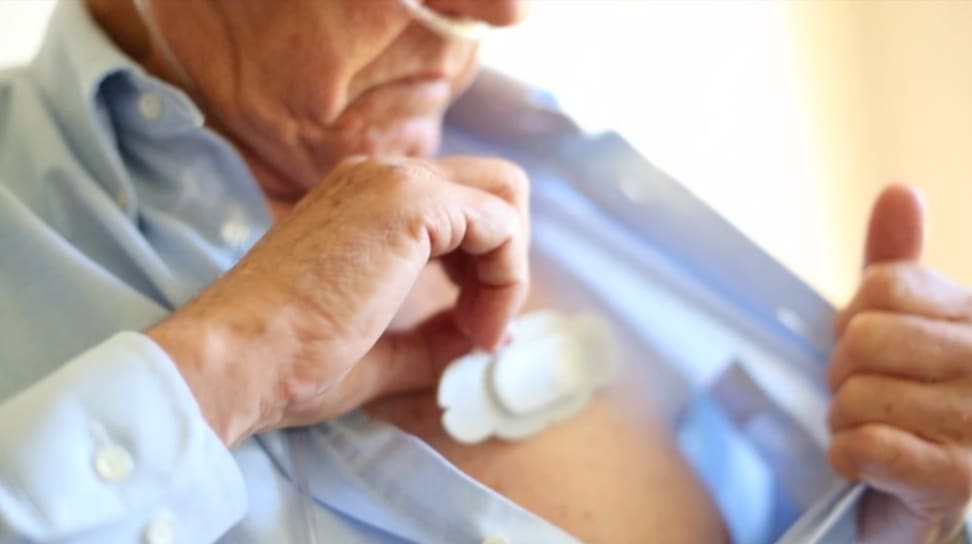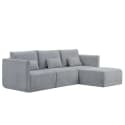Philips Gives COPD Sufferers a Lifeline With New Wearable
Real-time data provides early warning for healthcare providers.
 Credit:
Credit:
Recommendations are independently chosen by Reviewed's editors. Purchases made through the links below may earn us and our publishing partners a commission.
This article has been updated with new information.
There are many wearable health-trackers on the market, but few manage to bridge the divide between personal and professional use. Philips today announced the release of a new wearable diagnostic solution for chronically ill patients that promises to do just that.
By using a digital biosensor, Philips is now able to record biometric data of people suffering from chronic obstructive pulmonary disease (COPD), then push that data to the new cloud-based HealthSuite Digital Platform using the patient's personal mobile device. While the biosensor itself isn't new—they're using an existing sensor called the HealthPatch—the cloud-based service allows both patients and doctors an unprecedented level access to realtime, round-the-clock health data.

The sensor for COPD patients attached to a disposable, adhesive bandage.
According to Philips, physical activity and inactivity, respiratory function, heart rhythm, and heart rate variability are all monitored. The data is then retrievable via two apps: Philips eCareCompanion and eCareCoordinator, make it possible for doctors to monitor patients remotely.
"Instead of people just going to the hospital when things have deteriorated—they’re so short of breath or it becomes life-threatening—[the information] is coming in way ahead," says Jeroen Tas, CEO of the Philips Healthcare Informatics Solutions and Services business group.
COPD is the third-leading cause of death in the U.S., according to data from the World Health Organization, so the need for innovative solutions is pressing. However, it’s clear from speaking with Philips that the company views the new sensor as just the start of a larger movement.

Image courtesy Philips.
"Consumers want to be managed within health care, not sick care," points out Richard Wergan, EVP and Global Head of Brand, Communications, and Digital at Philips
The HealthSuite digital platform should allow both patients and doctors to gain greater insight into patient health with more and better data presented in a user-friendly app.

A still from a demo video indicates what the Philips eCareCompanion and eCareCoordinator apps may look like.
Philips recently restructured its business operations, splitting off its lighting arm and merging the consumer electronics and healthcare divisions into a new company. Philips already has a deep reach into the healthcare market in the U.S. and beyond.
The announcement of the COPD sensor and data hub indicates what this newly formed Philips may have in store for the future.
“This is the first one of a series that we will do,” says Tas. “If you have a chronic condition, then leveraging mobile technology with really low cost sensors... [and link] that through real-time data analytics into a care setting, you can develop completely new propositions.”

